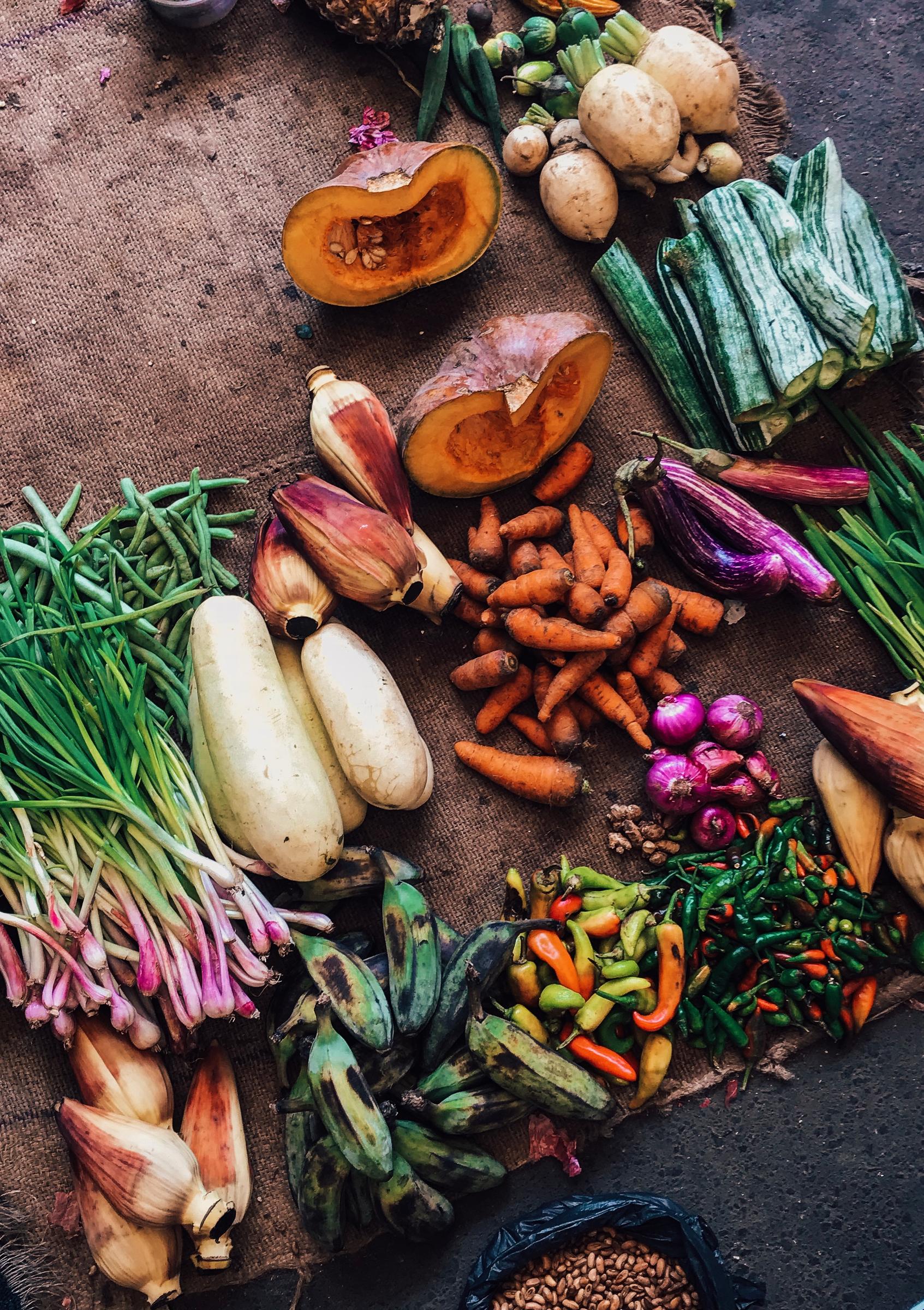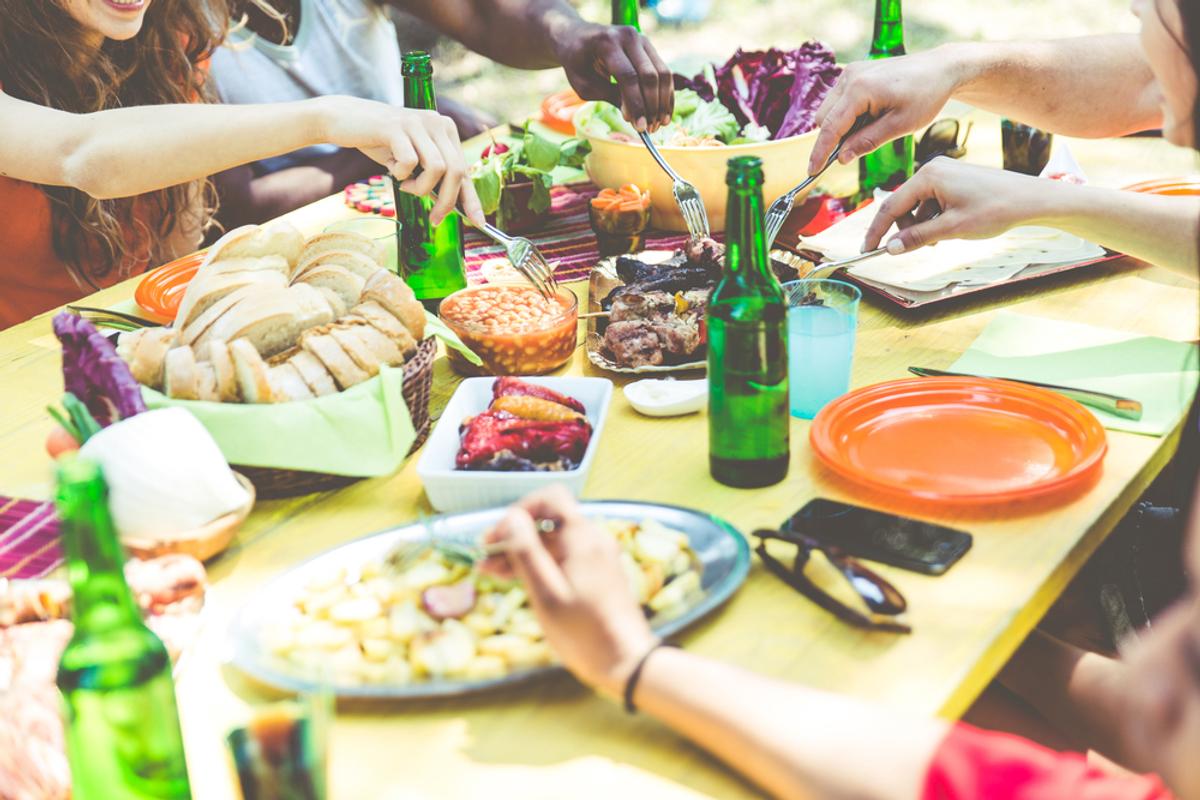Sustainability
From Sustainability Victoria website

Sustainability
From Sustainability Victoria website
Last updated: 1 August 2023
Each year in Victoria households throw out 250,000 tonnes worth of food – enough wasted food to fill Melbourne's Eureka Tower. The average Victorian household throws out approximately $2,200 worth of food each year.
Food thrown into your garbage bin ends up in landfill. Food in landfill breaks down in a way that can create greenhouse gases, including methane, which affect air quality and public health. When we waste food, we also waste the resources used to grow our food (water, soils and energy) and all the energy used to process, package and transport food from markets to our homes.


Avoiding food waste in the first place is the best way to ensure you are not wasting money or resources. There are many simple ways to avoid food waste. These include:
Planning, shopping and cooking.
Planning meals, shopping smart, cooking waste-free and storing food correctly to reduce food waste and save money.
Find out how to save money, time and the planet by making the most of your leftovers.
The kitchen is one place where we consume a lot of resources like food, water, oil, electricity and gas. Create an eco-friendly kitchen and lighten your home's footprint on the earth.
Once we've done everything we can to reduce food waste in the first place, composting is a good option for our food and garden scraps. Composting uses the natural process of decomposition to convert organic waste matter into a nutrient-rich soil you can use in your garden. Reduce landfill, conserve resources and minimise greenhouse gases by composting your kitchen waste.
The best way to deal with food waste is to not create it in the first place through buying only what you need and using up what you’ve got. But even for unavoidable food waste like peels and offcuts, there are a range of ways you can put their nutrients to good use rather than in the rubbish bin:
Australians throw away around 1.9 million tonnes of packaging each year – enough to fill the Melbourne Cricket Ground nine times over. Packaging takes a lot of energy, water and other natural resources to produce, and packaging waste pollutes our air, water and soil. Let's reduce, reuse and recycle packaging as much as possible.